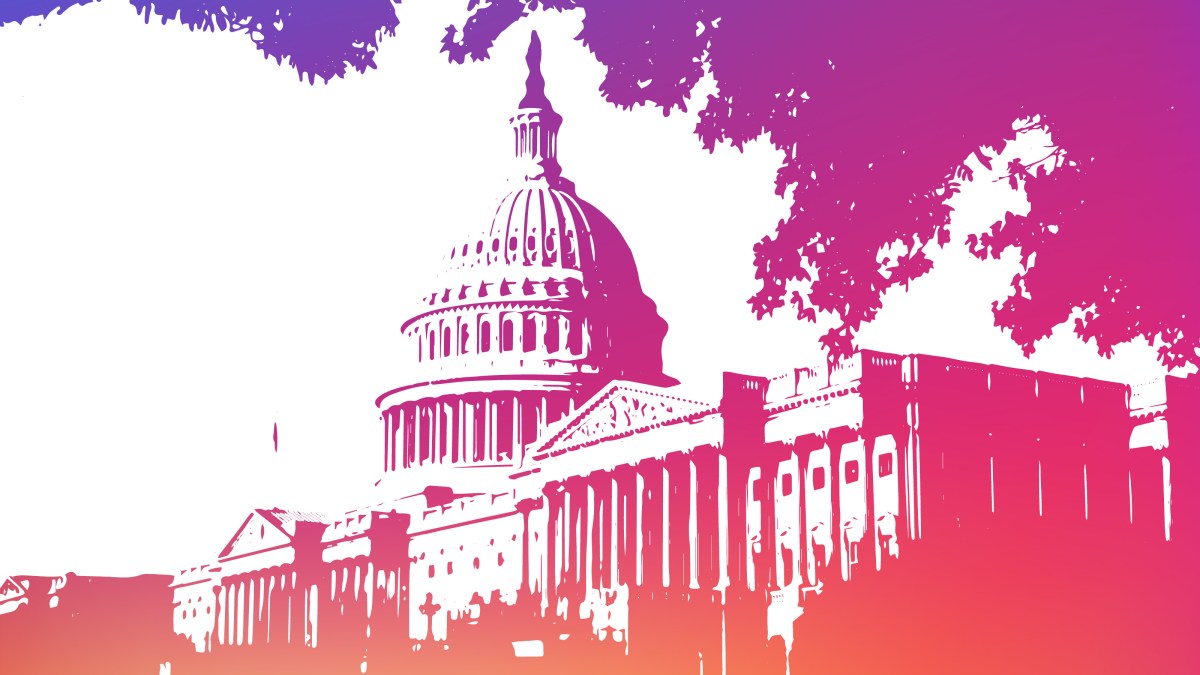On Thursday, the Federal Trade Commission (FTC) announced the initiation of a public inquiry into “censorship by tech platforms,” inviting comments from individuals who believe they have been demonetized, banned, or censored due to their speech or affiliations.
FTC Chairman Andrew Ferguson stated, “Tech firms should not be bullying their users. This inquiry will help the FTC better understand how these firms may have violated the law by silencing and intimidating Americans for expressing their opinions.”
The FTC’s request for public comment does not specify the laws that the agency believes the platforms might be infringing. However, the regulator contends that the policies, which can sometimes result in online creators losing access to their accounts without an appeal process, could be considered anti-competitive.
Creators have frequently criticized their complex relationships with major tech platforms. Some startups have emerged to offer insurance to creators, protecting them against account hacks that can lead to income loss. Nonetheless, the focus on content creators in the FTC’s announcement may be seen as a diversion, as it coincides with a period when social media executives such as Mark Zuckerberg and Elon Musk are easing restrictions on hate speech and questioning the nexus between content moderation and the First Amendment.
Cathy Gellis, a lawyer specializing in technology and free speech, informed TechCrunch that this inquiry seems to misinterpret the scope of the First Amendment. She noted that, while the First Amendment restricts government interference in speech, it does not apply to private actors, such as most online tech platforms.
Gellis explained, “Internet platforms, in most cases, are private actors with their own First Amendment rights to moderate their sites as they choose. The FTC’s inquiry, as a governmental action, risks violating the First Amendment by trying to interfere with the editorial discretion of internet platforms.”
Section 230 of the Communications Decency Act, often cited, provides online platforms with immunity from liability for illegal content uploaded by users. The Supreme Court has heard cases challenging this legislation, drafted in 1996 before contemporary social media’s emergence, but has upheld Section 230 amid multiple legal challenges.
While Zuckerberg and Musk have invoked the First Amendment as they relax content moderation and fact-checking policies, Snap CEO Evan Spiegel believes these figures misunderstand the Amendment. In a recent interview, Spiegel commented, “A lot of platforms are basically claiming support for the First Amendment to allow anything on their platforms, but that misconstrues the Amendment’s intent. Platforms can decide their content guidelines or policies under the First Amendment. The misdirection likely occurs because moderating content can decrease engagement.”
Additionally, on Wednesday, President Trump signed an executive order requiring independent regulators, including the SEC and FTC, to be accountable to the White House. This order could affect the ongoing inquiry, though experts question the constitutional validity of Trump’s decree.
